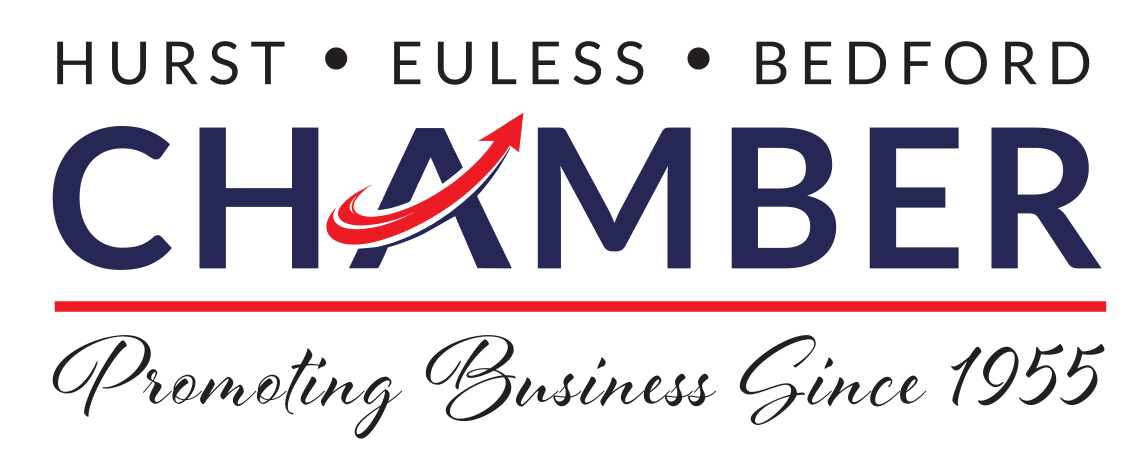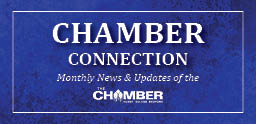There’s a difference between chasing growth and steering a business with control. Many entrepreneurs find themselves stuck in the daily grind of operations, leaving financial oversight to moments of panic or obligation. But strong financial management isn’t just for tax time or investment rounds—it’s the daily discipline that separates stable businesses from shaky ones. For those building something real and lasting, mastering day-to-day financial habits isn’t optional; it’s the pulse of the entire operation.
Reckon with Reality, Not Projections
One of the first financial mistakes entrepreneurs make is falling in love with forecasts. Growth plans are vital, but they’re not a substitute for the truth of today’s cash situation. It’s essential to sit down—every morning, if possible—and look at what’s actually in the bank, what’s scheduled to come in, and what’s already promised out. This habit doesn’t just keep you solvent; it forces every decision to be made in the light of reality, not optimism.
Cash Flow Is the Signal, Not the Noise
Revenue is noisy. It’s exciting, it fluctuates, and it makes you feel like something’s working. But cash flow—the actual timing of money entering and exiting your accounts—is the signal that matters most. Many businesses that look good on paper crumble because they can’t pay vendors or employees on time. Building a rolling cash flow forecast, even just two or three weeks out, gives clarity and prevents the kind of crises that lead to hasty, bad decisions.
Structure the Chaos with Buckets
Entrepreneurs often manage expenses the way most people do with personal budgets: loosely, intuitively, and based on what feels necessary in the moment. That approach might work early on, but it doesn’t scale. Instead, break the business’s money into clear “buckets”—operating expenses, taxes, owner pay, reserves. Use separate accounts if needed. This method creates friction, in a good way, between spending and planning. It forces intention, which is the antidote to disorder.
Build a Ritual, Not a To-Do List
The difference between reactive money management and proactive oversight often comes down to rhythm. A once-a-month review of bank statements isn’t enough. Smart business owners build rituals into their routines—daily check-ins, weekly reconciliations, monthly meetings with a bookkeeper or advisor. When financial tasks are embedded into the rhythm of work, they lose their intimidation factor and become part of how the business breathes. Rituals create familiarity, and familiarity breeds better decisions.
Keep Collaboration Clear with the Right Format
When teams need to share documents that look the same on every screen, PDFs offer a level of consistency that’s hard to beat. They're ideal for maintaining structure across platforms and devices, which is crucial when edits and feedback flow between multiple contributors. A quick comparison of tools to edit PDFs reveals just how accessible this process has become—free online editors let users add notes, highlight text, or make direct changes without needing expensive software. This makes it easier to upload, revise, and redistribute documents without breaking your team’s stride.
Automate, but Don’t Abdicate
Technology has made managing business finances easier than ever, but it’s also made it tempting to check out. Apps can automate everything from invoicing to budgeting, yet no app understands the nuance of your strategy or the story behind the numbers. Use tools to reduce friction and gain visibility, but never let them replace your own eyes. Automation should be a lever, not a crutch. The business still needs a human at the wheel.
Don’t Let Growth Outpace Discipline
Growth is often celebrated as the mark of success, but it can also be the point where things go off the rails. When revenue climbs quickly, the temptation is to say yes to everything—new hires, office upgrades, marketing spends—without shoring up the back-end systems that support them. Entrepreneurs who succeed in the long haul treat discipline as their ballast. They don’t let excitement override control. In fast-moving businesses, consistency is a rare and powerful trait.
Day-to-day financial management isn’t about becoming an accountant or memorizing the tax code. It’s about building habits that keep the business honest with itself. For entrepreneurs who see their venture as more than just a hustle—who want to create something durable, something that endures—those habits are non-negotiable. When money is managed with care and regularity, it becomes a tool that supports the mission, not a threat to it. Stability doesn’t stifle ambition; it powers it.
Discover the vibrant community and thriving business opportunities in Hurst, Euless, and Bedford by visiting the HEB Chamber of Commerce today!







































